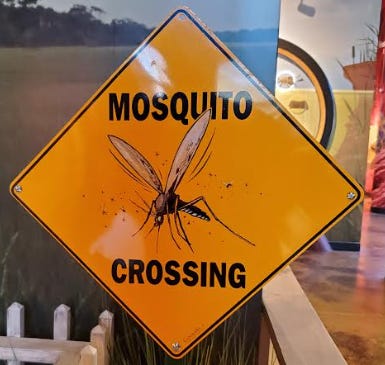Dengue in Florida: 4 additional locally acquired cases reported in Miami-Dade County
Officials with the Florida Department of Health reported four additional locally transmitted dengue fever cases in Miami-Dade County during the last week of November. This brings the total autochthonous cases to 70 in the state since the beginning of the year.
In 2024, 70 cases of locally acquired dengue have been reported in Broward (2), Hillsborough (4), Manatee, Miami-Dade (44), Monroe (3), Orange (2), Palm Beach (3), Pasco (9), Polk, and Sarasota counties.
Of the 58 cases that were serotyped by PCR, 48, or 83 percent of the cases were typed as DENV-3.
In addition, officials have reported 824 travel-associated dengue cases this year, with approximately half (404) reported from Miami-Dade County. Cuba is named as the country of exposure in 436 of these cases.
Dengue infection is acquired through the bite of certain species of mosquitoes, primarily Aedes aegypti, but also Aedes albopictus, both of which are present in Florida.
Dengue fever can be a painful, debilitating disease but is rarely fatal. Symptoms appear 3-14 days after the bite of an infected mosquito and include sudden onset of fever, severe headache, eye pain, muscle and joint pain (giving the disease the nickname "breakbone fever"), and bleeding. Gastrointestinal symptoms like vomiting and diarrhea may also be present in some cases. Dengue fever symptoms usually lasts 4-7 days. The disease is often diagnosed incorrectly because the symptoms are similar to influenza and other viruses.
Dengue hemorrhagic fever is a rare but more severe form of dengue infection that can be fatal if not recognized and treated with supportive care. The primary risk factor for hemorrhagic fever is previous infection with a different dengue serotype (i.e. getting DENV-2 if you have already DENV-1 puts you at increased risk of hemorrhagic fever).





